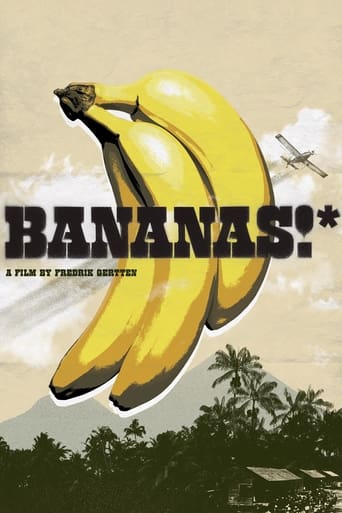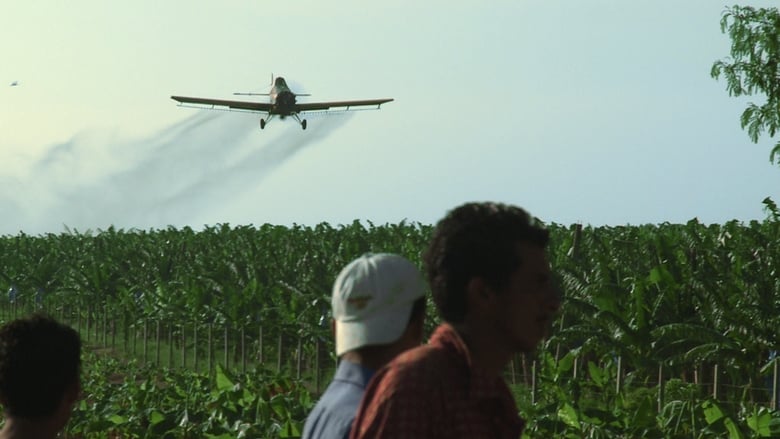Juan “Accidentes” Dominguez is on his biggest case ever. On behalf of twelve Nicaraguan banana workers he is tackling Dole Food in a ground-breaking legal battle for their use of a banned pesticide that was known by the company to cause sterility. Can he beat the giant, or will the corporation get away with it?


Similar titles



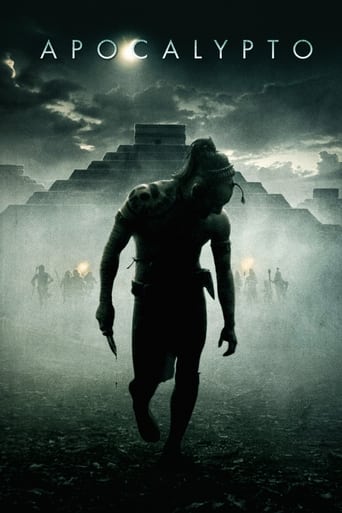
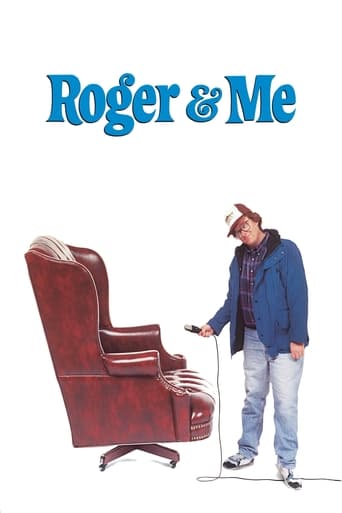
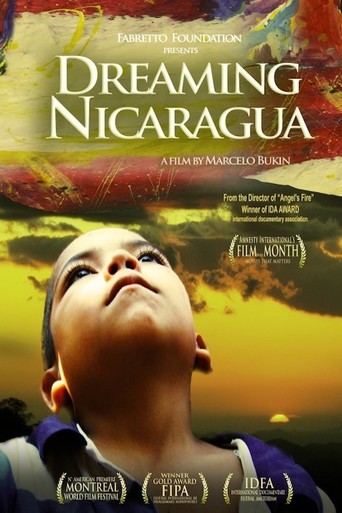

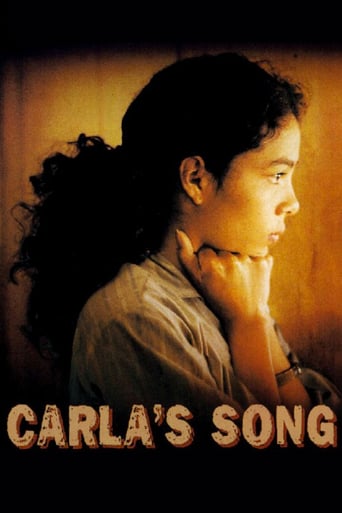
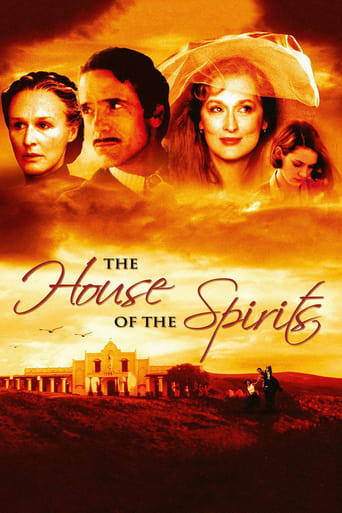
Reviews
Juan "Accidentes" Dominguez is on his biggest case ever. On behalf of twelve Nicaraguan banana workers he is tackling Dole Food in a ground-breaking legal battle for their use of a banned pesticide that was known by the company to cause sterility.The film was criticized by Dole for containing "patent falsehoods". Following an attempted lawsuit and attempt to block the film, the lawsuit never went through and the film was shown -- even debuting at the Swedish parliament! Further, an investigation of misconduct against Dominguez found nothing. Vindicated? I think so.While this is not the great documentary about South American workers trying to win judgments from American companies, it is important to see the pattern and the slow, steady rise of social justice. Between this and "The Coca Cola Case", it makes for a good double feature on what can be done.
As a documentary movie aficionado I see dozens of documentaries a year, about people/social issues, the environment, corporate greed, you name it I'll see it. I usually have an underdog penchant and find such documentaries quite appealing to my sense of fairness and justice. If they are well done in a movie sense, then that is a bonus on top of the message.This film Bananas failed in both regards. From the outset, the sleazy Cuban/American ambulance chasing lawyer is completely untrustworthy looking and suspicious. Shown racing around in his noisy red Lamborghini, contemplating his riches while puffing on a huge cigar, showing off his nice office, doing radio shows were he parades his achievements... Everything about this lawyer is off-putting.Then the material itself, witnesses who purger themselves, no investigation shown, confusing legalese as to whether it's a class action or only for the six first clients, to which were added six other clients??? Very little contact time with main lawyer. To add to the confusion, the time-line is often unclear. That particular pesticide was banned in the late 70s and it appears that the workers were questioned regarding work conditions during that period. I do not recall the film mentioning at which date the pesticide stopped being used. But the film does insinuate that it is no longer in use at present date.Really the only interesting scenes were those where one of Doles VPs concedes to all points raised by the prosecution, but seeming to be very secure regarding the pesticide application methods practiced by the company.Unfortunately, the most truth resonating moment in the film is in the epilogue. Where it is stated that the partial victory was overturned due to perjury by witness and prosecuting team.This topic had great potential to make for an excellent documentary, but it failed miserably on all counts. I suspect the failure is in large part due to the ambulance-chasing lawyer's suspicious behaviour and lack of professionalism. How unfortunate to waste such a great opportunity.
As most people who have seen it or will see it know, Dole put a law-suite on the filmmaker. It started an immense fuzz in Sweden, with boycotts from hamburger and supermarket chains, not to talk about the common consumers. After a while Dole dropped the case. Did they really think they would get anything but bad-will from acting the way they did? And how is the movie? It's effective, merciless and quite exciting. Not at least the scenes from the courtroom. Is it objective? No, according to old documentary traditions, it isn't. It's part of a debate and if you're against that, you really have to explain your views on democracy.And Dole really has to check the competence of those who work in their marketing department.
Attending the 2009 Los Angeles Film Festival screening of "Bananas!*" was a freaky, surreal experience. This controversial documentary from Sweden almost didn't get shown at all.For the first time in my movie-going history, I bore witness to an odd set of "rules" which needed to be complied with in order for the film to be exhibited. An agreement between Film Independent (sponsors of the Los Angeles Film Festival) and Dole, a corporation featured in the film, forced the Festival to do three things:1) The movie was removed from the prestigious Documentary Competition; 2) A lengthy disclaimer was handed out to all patrons as they entered the theater; 3) Said disclaimer had to be read aloud to the audience prior to the screening.It was made clear by the LA Film Festival representative that they "are not eager to be sued." In fact, Dole went to court to file an injunction to stop the film from being shown. The judge threw it out, saying that she "will not consider any request for prior restraint on free speech." Director Fredrik Gertten immediately declared in his impassioned introduction to the screening that he did not endorse the statement of the Festival. This elicited a huge cheer from the audience, even though nobody had yet seen the film.So why the controversy? "Bananas!*" documents the history of a lawsuit brought by several Nicaraguan banana plantation workers who were allegedly made sterile by Dole's use of the pesticide DBCP. The Tellez v. Dole Food trial is considered to be a landmark case in the history of workers' rights. The lawyer representing the men, colorful Los Angeles-based attorney Juan Dominguez, was later accused of helping the plaintiffs commit fraud by lying to the jury. But that finding was made after the film had been shot, submitted, accepted, and scheduled by the Festival. Therefore, the larger question is not whether or not the farm workers were telling the truth -- but to what extent does a documentary filmmaker have a responsibility to ensure the veracity of his subjects? Is it even required? Or is simply telling the story itself worthy of documenting? There is no question that the workers' stories are moving and poignant, nor that some did tell the truth, according to the judge who made the decision that fraud had been committed (which actually emerged out of a later case).There is no denying that Dole used the chemical in question -- their own President and CEO admitted as much in court -- even after it had been banned in many countries, and even after being taken off the market by Dow, its manufacturer, for causing sterility. The deplorable working conditions the men endured are vividly captured by Gertten. And the allegations made against Dole by the plaintiffs are truly frightening. But this Erin Brockovitch/David vs. Goliath tale is rife with issues surrounding the burden of proof.Is it the job of a documentarian to tell the truth? Or to simply observe? That became the subject of a panel discussion after the film's screening, not whether or not the case itself was important. And that's a shame.
